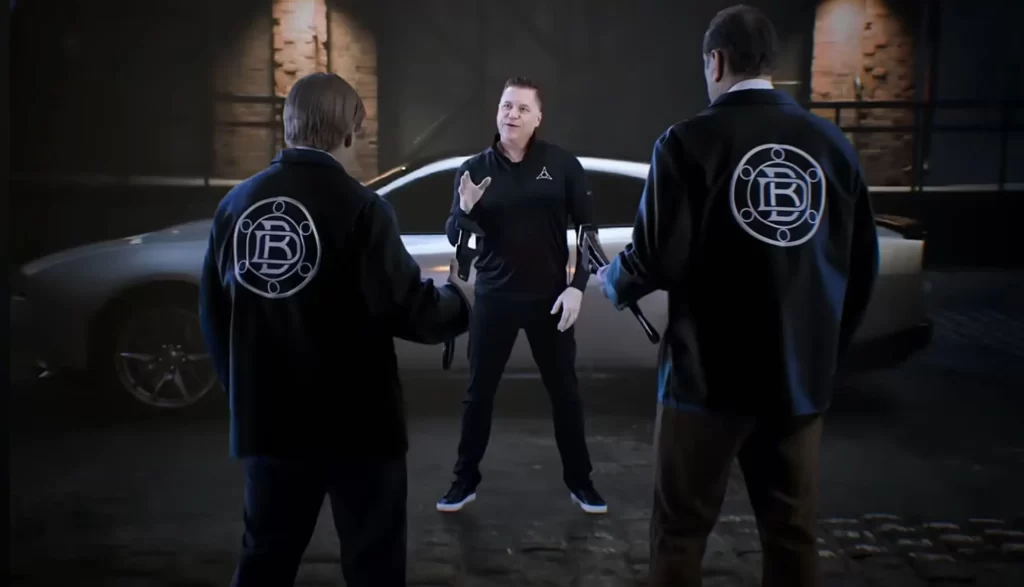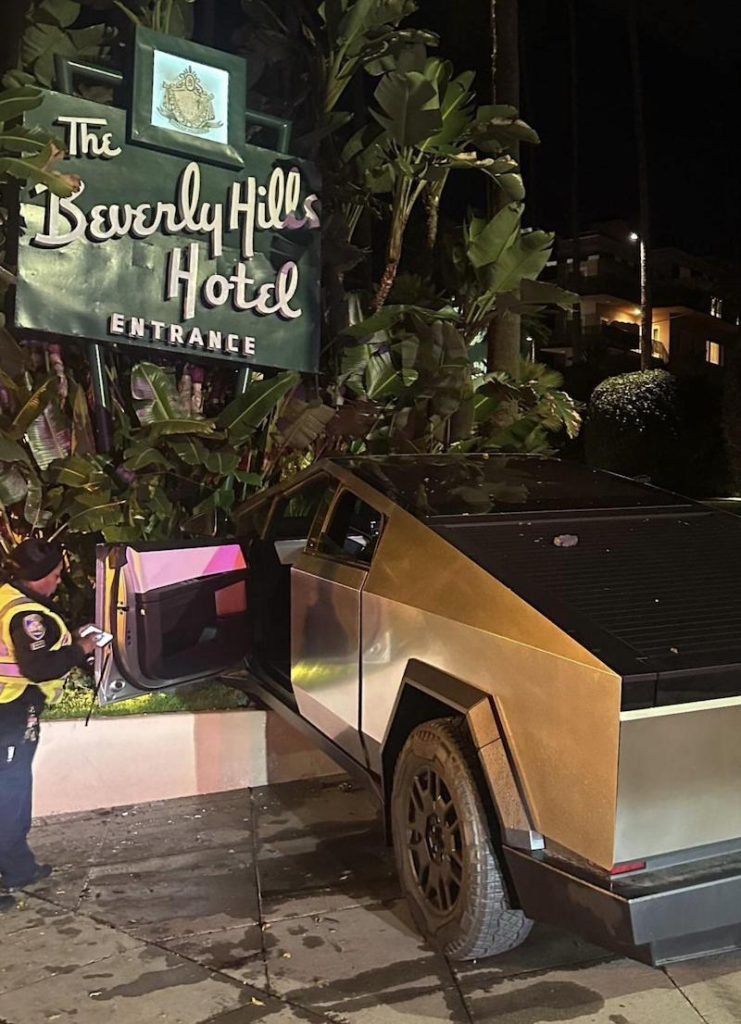
Congestion Kathy
In this emergency episode, we discuss New York State Governor Kathy Hochul’s 11th-hour decision to “indefinitely suspend” congestion pricing, the program that would have charged drivers to enter Manhattan below 60th Street. Her move, announced in a prerecorded video on Wednesday, June 5th, came mere weeks before congestion pricing was set to launch, jeopardizing what was set to be a major funding source for transit and a revolutionary plan to reduce traffic in a way never seen before in the United States.
Why did Hochul do this? Is it bad politics or atrociously bad politics? What does this mean for the future of the New York City subway system, commuter rail, accessibility, the environment, the economy and even democracy itself?
More importantly, we discuss what you can do if you live or work in the New York metropolitan area and want to see Hochul’s flip flop reversed. We also discuss what effect this could have on cities across the U.S. that might be considering a congestion pricing program of their own.
You can find the full transcript of this episode here.
WARNING: We swear a lot in this one.
To support everything we do at The War on Cars please become a Patreon subscriber. You’ll receive access to exclusive bonus episodes, ad-free versions of regular episodes, free stickers and more. We depend on listener support, so thanks!
HELP SAVE CONGESTION PRICING:
Contact Governor Kathy Hochul and tell her to implement congestion pricing as planned: 1-518-474-8390
Local advocacy organizations have their own calls to action and can help you contact elected officials:
Tri-State Transportation Campaign
SHOW NOTES:
House Democrats pressured Hochul to tank congestion pricing. (Politico)
Noto a whole lotta teachers drive into Manhattan. (Hellgate NYC)
Read Aaron’s take on Representative Hakeem Jeffries and congestion pricing from 2008. (Streetsblog)
Hear our original thoughts on congestion pricing back in episode 111 with Diana Lind.
This episode was recorded at the Brooklyn Podcasting Studio by Josh Wilcox. It was edited by Doug Gordon.









